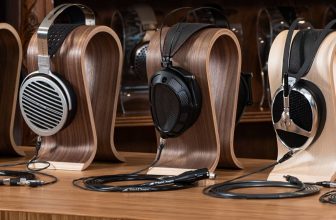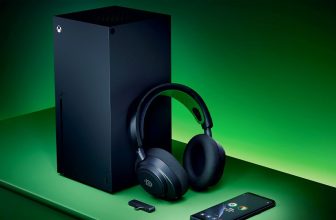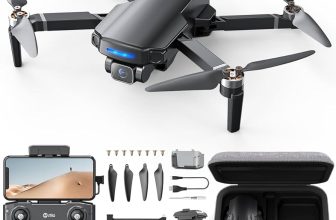Best Wifi Wireless Router: Boost Your Internet Speed Now
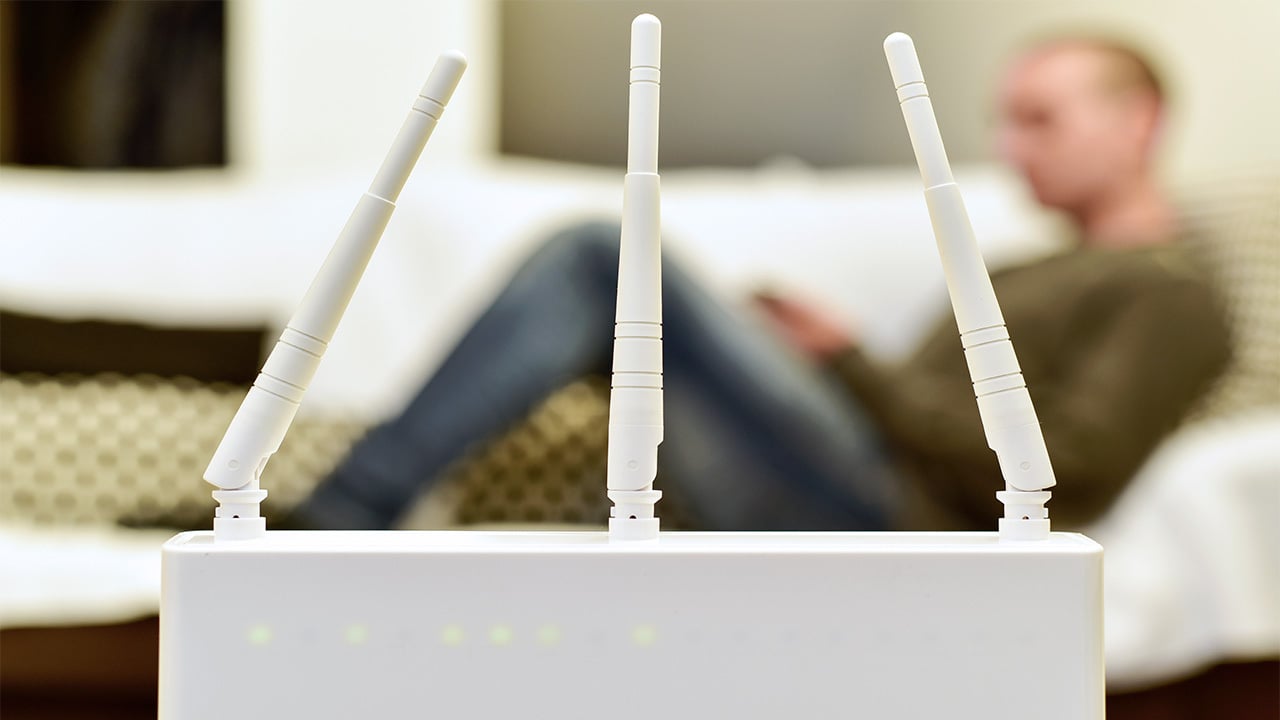
The best WiFi wireless router provides fast, reliable internet connectivity for seamless online activities. It enhances network performance and coverage.
In today’s digital age, having a high-quality WiFi wireless router is crucial for smooth internet browsing, video streaming, online gaming, and smart home devices. With an array of options available in the market, choosing the best router can be overwhelming.
Factors such as speed, range, security features, and ease of setup play key roles in making an informed decision. Investing in a top-notch WiFi router ensures a seamless and uninterrupted online experience for all your connected devices. This guide will explore the top features to consider when selecting the best WiFi wireless router for your home or office needs.

The Importance Of A High-quality Wireless Router
A high-quality wireless router is crucial for a seamless internet experience. It ensures Reliable Internet Connection.
Reliable Internet Connection
A reliable internet connection is essential for all your online activities.
- Stream videos without buffering.
- Play online games with minimal lag.
- Connect multiple devices simultaneously.
Faster Internet Speeds
Experience faster internet speeds with a top-notch wireless router.
- Downloads files quicker.
- Enjoy smooth video calls.
- Browse websites at lightning speed.
Upgrade to a high-quality wireless router for a reliable and speedy internet connection!
Key Features To Look For
When choosing the best WiFi wireless router for your home or office, there are several key features to look out for that can significantly enhance your internet experience. From improved connectivity to enhanced security, these key features play a crucial role in ensuring seamless and reliable performance.
Dual-band Technology
Dual-band technology allows the router to transmit data over two separate frequency bands, typically 2.4 GHz and 5 GHz. This feature helps reduce interference and congestion, providing a more stable and faster internet connection.
Mu-mimo Technology
MU-MIMO technology stands for Multi-User, Multiple-Input, Multiple-Output. It enables the router to communicate with multiple devices simultaneously, improving overall network efficiency and reducing lag during high-demand tasks like streaming or gaming.
Security Features
When it comes to protecting your network and data, security features are crucial. Look for routers with built-in firewalls, WPA3 encryption, guest network support, and automatic firmware updates to ensure your network remains secure from potential threats.
Top Wireless Router Options
When it comes to finding the best wifi wireless routers, it can be overwhelming to navigate through the myriad of options available on the market. To help you make an informed decision, we’ve narrowed down the top wireless router options from leading brands, each offering unique features and performance.
Brand A: Model And Features
Brand A offers an exceptional wireless router known as Model X. This router stands out for its blazing fast speeds, offering up to 3000 Mbps, perfect for streaming high-definition videos and online gaming. It boasts advanced security features, ensuring a secure and protected network environment. Additionally, Model X comes equipped with a user-friendly app that allows for easy setup and management, making it a top choice for tech-savvy users.
Brand B: Model And Features
Model Y from Brand B is a top contender in the wireless router market. With its sleek and modern design, it blends seamlessly into any home or office setting. This router excels in providing a wide coverage area, eliminating dead zones with its powerful signal strength. Model Y also prioritizes network efficiency, offering seamless connectivity for multiple devices, making it an ideal choice for households with numerous connected devices.
Brand C: Model And Features
Brand C presents Model Z, a wireless router packed with innovative features. It introduces advanced beamforming technology, ensuring a stable and reliable connection throughout the entire coverage area. Model Z also integrates parental controls, allowing users to manage and monitor internet usage, making it an ideal choice for families. Its compatibility with voice assistant devices adds an extra layer of convenience and smart home integration, setting it apart from the competition.

Setting Up Your Wireless Router
Setting up your wireless router is a crucial step in creating a reliable and high-speed internet connection in your home or office. The right placement and optimal settings can significantly enhance your router’s performance and help you experience seamless internet connectivity. In this section, we will discuss valuable tips for router placement and optimizing its settings to ensure the best Wi-Fi experience.
Placement Tips
Proper placement of your wireless router can play a vital role in maximizing its coverage and minimizing signal interference. Consider the following tips when deciding where to position your router:
- Place the router in a central location: Position your router in a central area of your home or office, away from walls and obstructions. This helps distribute the Wi-Fi signal evenly throughout the space.
- Elevate the router: Keep the router elevated on a higher shelf or mounted on the wall for better signal propagation and to avoid interference from furniture and other objects.
- Avoid interference sources: Keep the router away from devices that can cause signal interference, such as cordless phones, microwave ovens, and baby monitors.
- Adjust antenna angles: If your router has external antennas, try different angles to find the best signal strength and coverage.
Optimizing Settings
Configuring the optimal settings on your wireless router is crucial for achieving the best performance and security. Here are a few key settings to consider:
- Change the default username and password: Modify the default login credentials of your router to enhance security and prevent unauthorized access.
- Enable encryption: Enable WPA2 or WPA3 encryption to protect your network from unauthorized users. This ensures that all data transmitted over the Wi-Fi network is secure.
- Choose the appropriate Wi-Fi channel: If you experience interference from neighboring networks, switch to a less congested Wi-Fi channel to improve signal quality.
- Update firmware regularly: Check for firmware updates for your router and install them to ensure you have the latest security patches and feature enhancements.
- Set up a guest network: If you frequently have visitors accessing your Wi-Fi, consider setting up a guest network to keep your main network secure.
By following these placement tips and optimizing your router’s settings, you can create a reliable and high-performing Wi-Fi network that meets your connectivity needs. Experiment with different placement locations and settings to find what works best for your environment. With a well-configured wireless router, you can enjoy seamless internet browsing, streaming, and online gaming without any interruptions.
Troubleshooting Common Issues
If you’re facing issues with your wifi wireless router, don’t worry! In this section, we’ll discuss common problems that can arise and provide you with simple solutions to resolve them. By following these troubleshooting steps, you’ll be able to get your wifi up and running smoothly again in no time.
Interference Problems
One of the most common issues faced by wifi users is interference. Interference occurs when other devices or networks disrupt the signals being transmitted by your router, resulting in weak or unstable connections. To tackle interference problems, consider the following:
- Keep your router away from other electronic devices like cordless phones, microwave ovens, and baby monitors, as they can interfere with its signal.
- Choose a wireless channel that has less interference. You can check which channels are less crowded using various tools like Wifi Analyzer.
- Update your router’s firmware regularly to ensure optimal performance and compatibility with the latest devices.
Slow Connection Fixes
If your wifi connection is slow, here are a few tips to help you resolve the issue:
- Reposition your router to a central location within your home or office. This will ensure better coverage and minimize signal loss.
- Secure your wireless network with a strong password to prevent unauthorized users from accessing it and slowing down your connection.
- Reduce the number of devices connected to your network. Having too many devices using the same bandwidth can significantly affect your wifi speed.
- Optimize your router settings by enabling Quality of Service (QoS) and adjusting the wireless mode to prioritize specific applications or devices.
- Consider upgrading your router to a newer model that supports higher speeds and advanced technologies like MU-MIMO for improved performance.
By following these troubleshooting tips, you’ll be able to overcome common issues and enjoy a seamless wifi experience. Remember, it’s important to regularly maintain and optimize your router to ensure efficient and reliable connectivity.
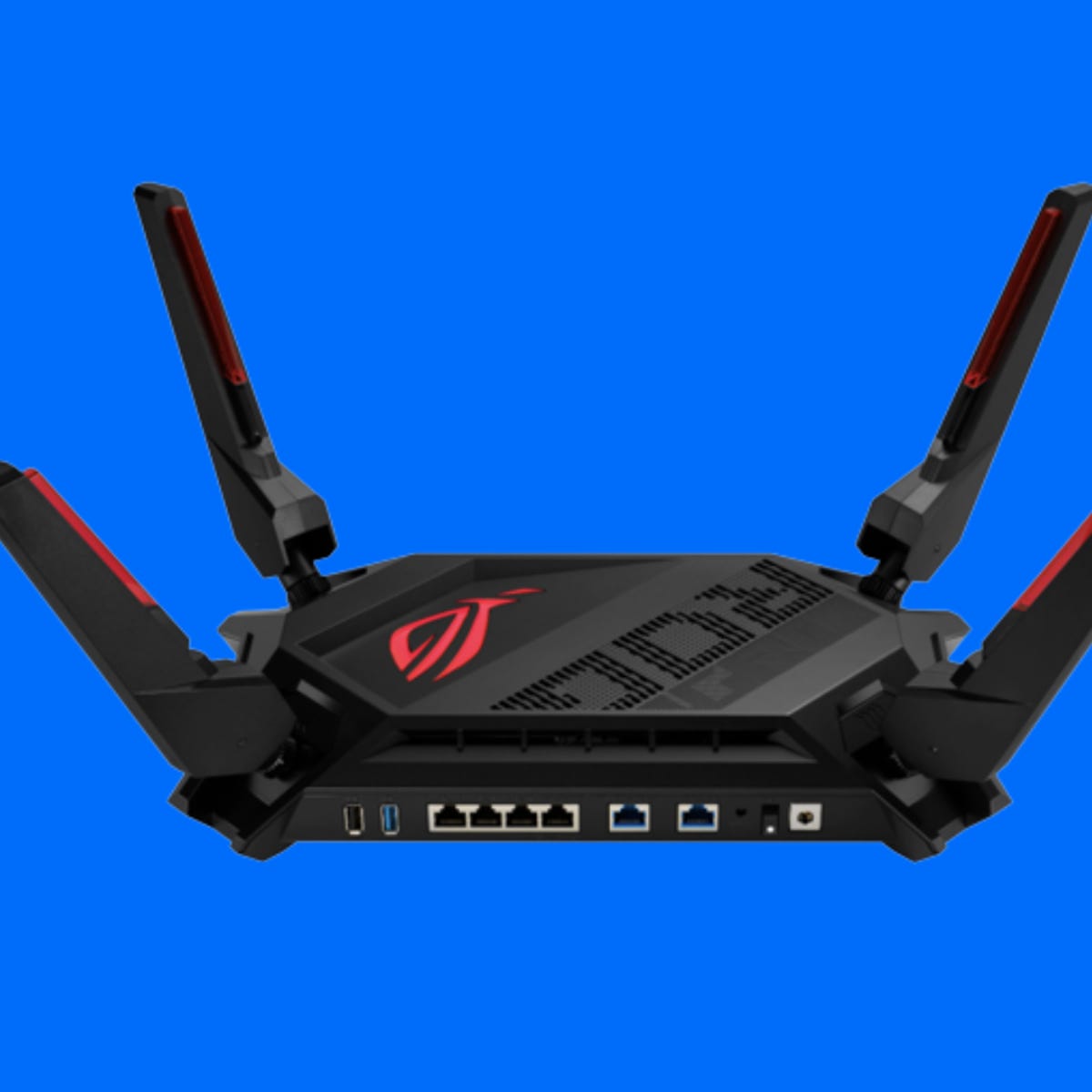
Frequently Asked Questions For Best Wifi Wireless Router
What Is The Best Wifi Router For Home Use?
The best wifi router for home use is one that suits your internet speed, covers your home area, and offers excellent security features. Look for dual-band routers with high Mbps and WPA3 encryption for optimal performance and secure connectivity.
How Do I Choose The Right Wireless Router?
To choose the right wireless router, consider factors such as internet speed, coverage area, number of devices, and security features. Look for routers with dual-band or tri-band options, multiple Ethernet ports, and compatibility with your internet service provider.
What Features Should I Look For In A Wifi Router?
When choosing a wifi router, consider features like dual-band or tri-band options, gigabit Ethernet ports, USB ports for external devices, parental controls, beamforming technology for better coverage, and advanced security features like WPA3 encryption.
Can I Use Any Wifi Router With My Internet Provider?
Most wifi routers are compatible with various internet service providers. However, it is essential to check with your internet provider and ensure that the router supports the specific type of connection (DSL, cable, fiber) provided by your ISP.
Conclusion
In sum, the best Wifi wireless routers are essential for seamless internet connectivity. With a focus on performance, security, and ease of use, these routers cater to the needs of modern households and businesses. By considering factors such as speed, coverage, and advanced features, you can select the ideal router to meet your specific requirements.



